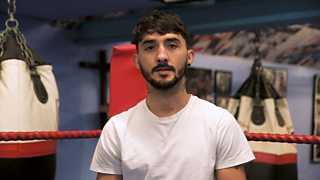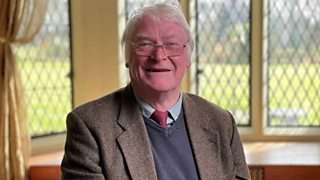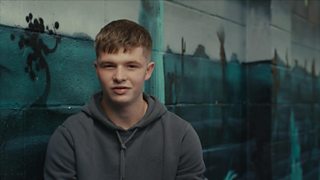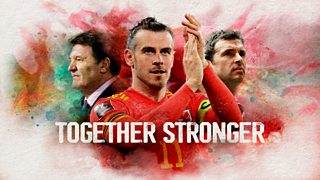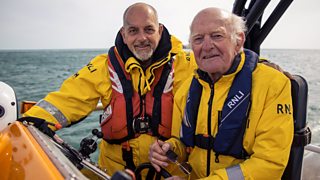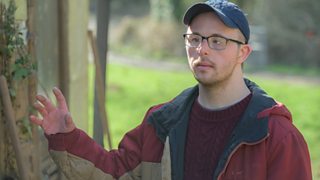Talking is key - Paralympian Aled Sion Davies on mental health
8 October 2019
Aled Sion Davies is a Paralympic, World and European champion. Yet the athlete returned from the 2016 Rio Paralympic Games not only with a gold medal, but a sense of unfulfillment.

After pushing away his friends and family, he confronted himself to discover the root of the problem, and to come to terms with his disability.
“I was coming away from Rio 2016 as two-time Paralympic gold medalist, four-time world champion, world record holder, European champion, Commonwealth silver…. My life was perfect,” he said.
“But I’ll always remember that journey home. Coming through the doors at Heathrow with my bag, I got in the car and… I felt like I hadn’t been away.
“I was drinking champagne, dancing on a dance floor in a plane two minutes ago and now all of a sudden there was something missing.
“In 2016, if I’m honest, I didn’t even know mental health was a thing.
“The real me was down and unfulfilled but I was very good at almost going into autopilot. I knew what to say to make people believe this was me and that I had my head screwed on. When really, it was just a mask.
I didn’t even know mental health was a thing
“I almost felt like was seeking someone just to turn around and go ‘Aled, you’ve worked so hard.’ I didn’t want someone to tell me I was good, I wanted someone to understand the journey I’d been on.”
After his return from the Paralympics, questions around his disability came to the fore.
“You start asking yourself stupid questions. I thought, ‘If I was able-bodied... I’d be able to get more… more, in general.’
“I was like, ‘it does not matter how good I am, as a person and an athlete, I won’t be able to achieve what I want to do because of my disability’.
“I was in training just before the World Champs in 2017. My throwing was rubbish, I’d barely make the mats in front of me 10 metres away, and I started panicking.
“I packed all my stuff in my bag, stormed to my car, drove off… my coach was ringing me. I just washed my hands of it, I was like, ‘I’m done.’
“It was when I got home in my comfort bubble being on the sofa, curtains shut, I thought ‘Aled, why did you do that?’ I actually remember sitting there and asking myself why I did that.

“But that moment, for me, really hit home. I thought ‘right, I really do need to have some help here.’”
Aled sought professional support for his mental health, which helped him to learn about himself and his attitude towards his disability.
“I think after that point I remember speaking to my psychologist and I started learning about myself to be honest,” he said.
“I competed at Welsh School Championships in Brecon with a pair of joggers on on a summer’s day, when it was boiling, because I didn’t want people to see my leg.
“And my mum said I used to go out, and I’d put pipe lagging over my framework with big comfy trousers and jump on my bike - absolutely adamant that there was nothing wrong with me.
“I had a lot of questions. I look back and think, ‘why was I born this way?’
It was just the way people treated me I suppose, like in school my PE teacher wouldn’t let me do the cross-country runs when all my friends would and it would really get me down.
“I think I’ve always felt like people have not seen what I can do. The psychiatrist and psychologist were the only people that I really opened up to, and only ever have, and I’m so glad I did because they’ve given me the tools to maintain myself.”
Talking is key
Aled is looking forward to continuing his athletics career, and encourages anyone who may be struggling with their mental health to talk to somebody.
“For the first time in about five or six years, I’m excited about my future. I think the main aspiration for me would be to compete for Wales at the Commonwealth Games able-bodied,” he said.
“I suppose that goes back to how this all started; I feel like I’ve needed to prove myself, but I don’t think I’m doing this for anyone else, I’m doing it for me.
“I think everyone out there needs to talk. I’m not saying you’re going to talk about it, you’re going to wake up and you’re going to be fine.
“But, I do think ‘what if I never addressed it? Where would I be now? Would I even be here?’ And that is scary, it’s scary to think of it like that. I think talking is key.
“I feel like I was gifted to be born the way I am. I’m different to everyone else.”
